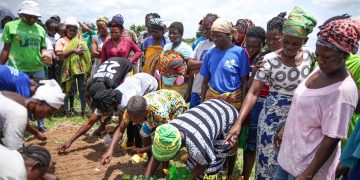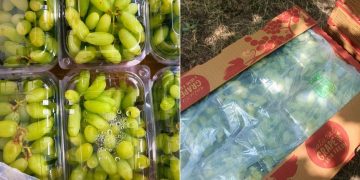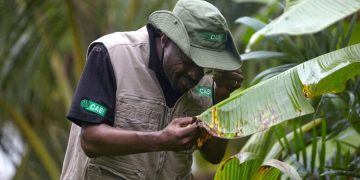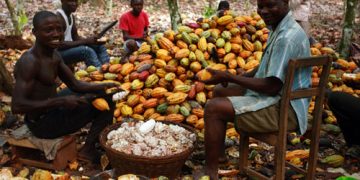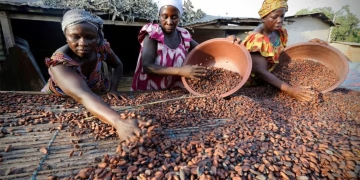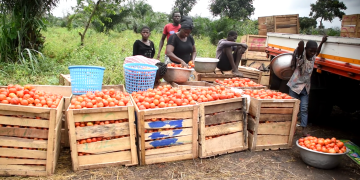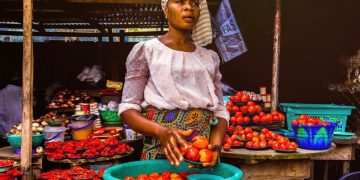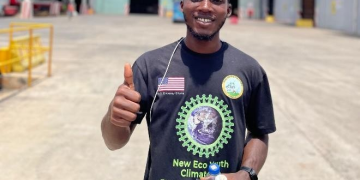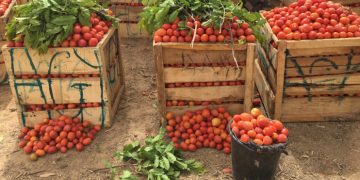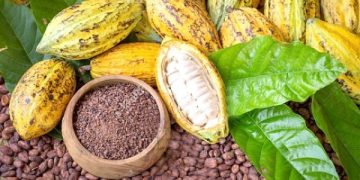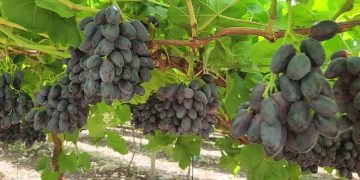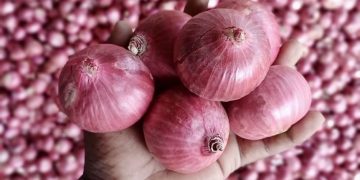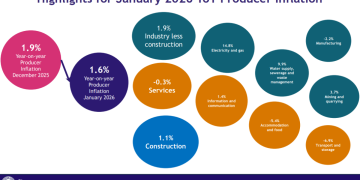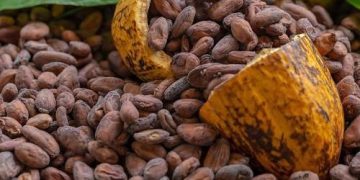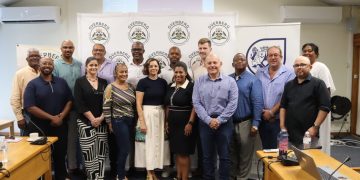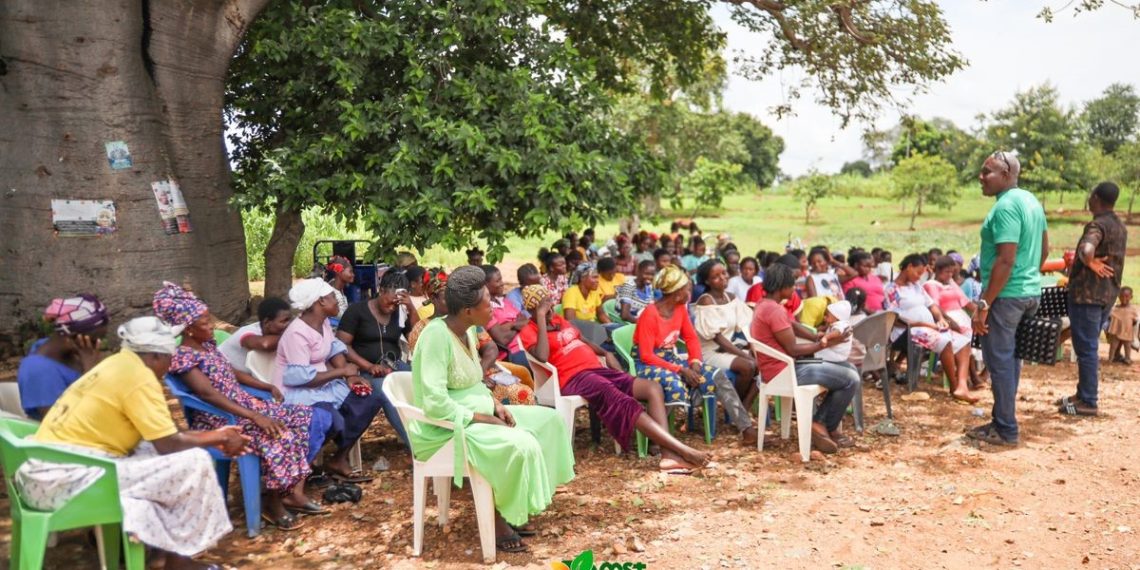The Nangodi community came alive as more than 250 youth, women, and persons with disabilities participated in a transformative Boost to Bloom project training session, led by Agrihouse Foundation with support from AGRA and the Mastercard Foundation under the Youth Entrepreneurship for the Future of Food and Agriculture (YEFFA) programme.
The initiative is designed to equip participants with practical skills in chili pepper farming and promote agribusiness opportunities.
The two-day training delivered comprehensive lessons on nursery management, transplanting, pest control, and post-harvest practices. Participants not only received expert guidance but also engaged in hands-on demonstrations to reinforce their learning.
Agronomist Mr. Aaron Amartey walked attendees through the critical foundations of chili pepper farming, stressing the importance of water, land, and seeds as key inputs.
He highlighted the use of well-drained, fertile soil, consistent access to water, and disease-resistant seeds. He also underscored the need for soil sterilization, proper spacing techniques, and the use of basic farming tools to improve yields.
“The nursery stage is the most delicate and must be given proper attention for farming success,” he advised, urging participants to apply the knowledge diligently.
Technical trainer Mr. Emmanuel Digooh expanded the session to include transplanting techniques, pest management, and post-harvest handling. His interactive demonstrations, including raised-bed practices, made the training both engaging and impactful.
To ensure immediate application of their skills, participants received starter packs containing seeds, seed trays, and fertilizers.
Executive Director of Agrihouse Foundation, Ms. Alberta Nana Akyaa Akosa, praised the energy of the community:
“The Boost to Bloom Project is not just about cultivating chili peppers; it is about cultivating opportunities. By equipping women, youth, and persons with disabilities with the skills, tools, and confidence to farm, we are empowering them to build sustainable livelihoods and transform their communities.”
The impact of the training resonated with participants. Matilda Mba, a local women’s leader, said:
“The session was impactful. I now know how to manage seedlings and plant them well to avoid losses. This is an investment I can carry into the future.”
Belinda Lakala, a participant with a disability, also shared:
“I have already learned how to properly plant pepper seeds. I encourage my fellow youth to join this project because it is very helpful and will create more income for us.”
More than just a farming workshop, the Boost to Bloom project training in Nangodi has planted seeds of hope, resilience, and economic empowerment. With new knowledge and practical tools, participants are now better positioned to turn their skills into thriving agribusiness ventures, transforming not only their own lives but the future of their entire community.

